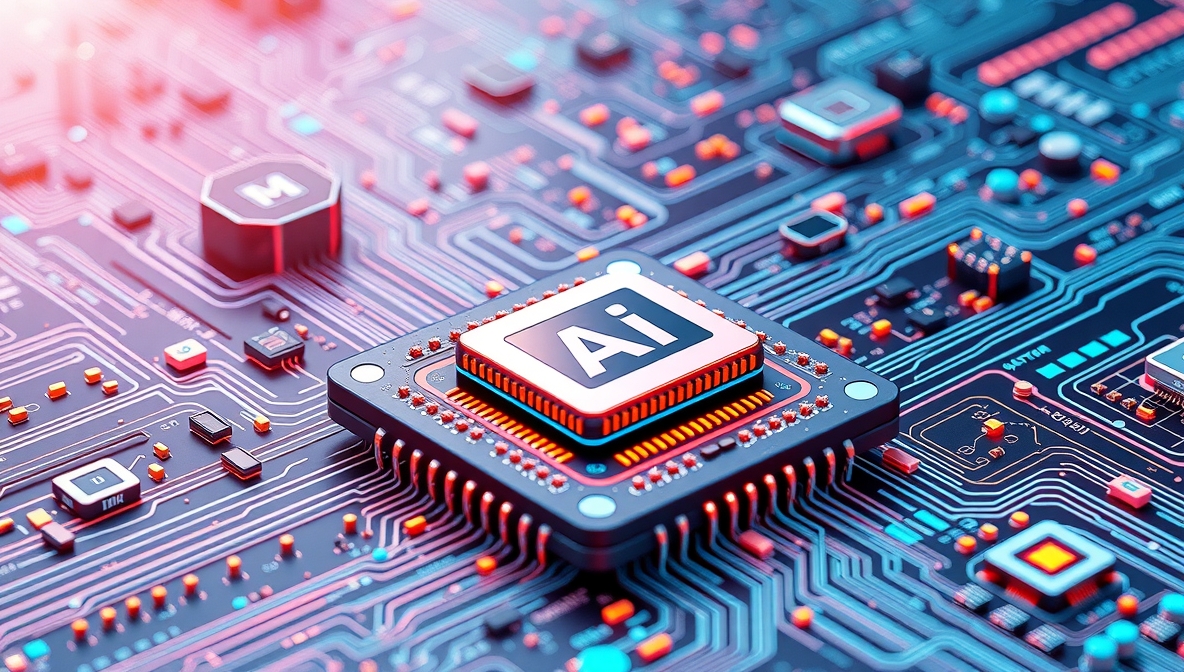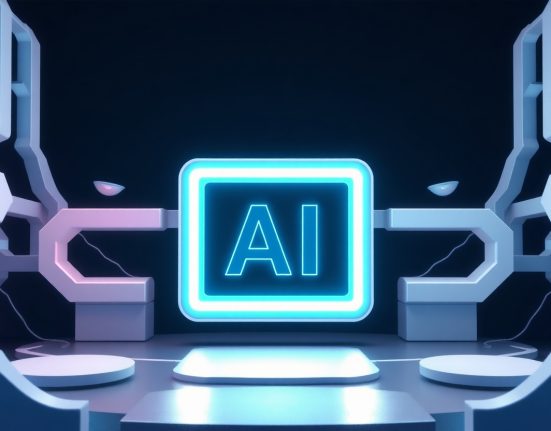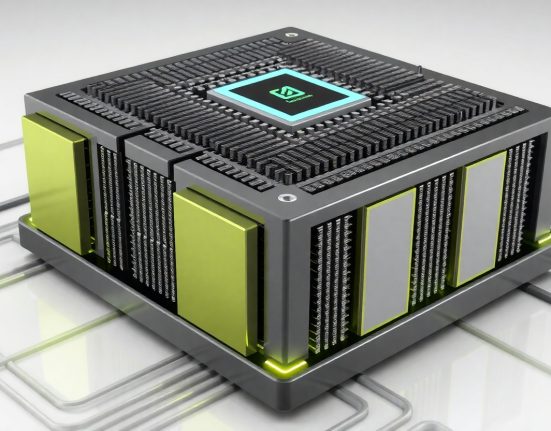In recent years, the race to develop artificial intelligence-optimized chips (AI Chips) has become one of the most competitive fields in the global technology industry. Behind the scenes of rapid advancement in artificial intelligence, an intense struggle is taking place for control of the hardware infrastructure that enables this revolution. These specialized chips, designed to perform complex calculations with speed and high energy efficiency, have become a strategic key for technology companies, nations, and entire industries.
The development of AI chip technology represents a significant leap from the traditional processors (CPUs) that have dominated computing for decades. While traditional processors were designed to perform a wide range of tasks sequentially, AI chips specialize in executing massive parallel computations – exactly what is required for training and running advanced artificial intelligence models.
The innovative technologies driving this field include graphics processing units (GPUs) that have become a central tool in training deep neural networks. NVIDIA, under the leadership of Jensen Huang, has led this revolution with its series of AI-optimized GPU cards, with the H100 and A100 chips representing the industry’s cutting edge. However, in recent years, new technologies have entered the picture, such as Google’s Tensor Processing Units (TPUs), specifically developed for machine learning tasks, and Neural Processing Units (NPUs) integrated into mobile devices, enabling local operation of AI models without reliance on the cloud.
The leading players in the field are diverse and represent all layers of the technology industry. NVIDIA continues to dominate the market with a massive market share in AI training chips, but companies like AMD and Intel are trying to catch up with their own developments. Meanwhile, tech giants like Google, Amazon, and Meta are investing billions of dollars in developing their own dedicated chips, aiming to reduce dependence on external suppliers and optimize their data centers.
China is also advancing rapidly in this field, with companies like Huawei and Alibaba developing advanced AI chips, despite commercial restrictions imposed on them by the United States. The geopolitical struggle for control of chip technology has become a strategically important issue for governments, with the United States, China, the European Union, South Korea, and Taiwan investing enormous resources in developing local capabilities.
The challenges in developing AI chips are numerous. The need to reduce energy consumption is a central challenge, as training and operating large AI models consume enormous amounts of electricity. Companies are developing new architectures and advanced manufacturing techniques to overcome this limitation. Simultaneously, the transition to advanced 3-nanometer and below manufacturing technologies presents a huge engineering challenge that only a few companies like TSMC can tackle.
The implications of this race for the future of computing are far-reaching. AI chips enable new applications in fields such as personalized medicine, autonomous vehicles, smart cities, and automation of industrial processes. They constitute the technological infrastructure that will enable the next generation of technological innovations across all areas of life.
The global market for AI chips is expected to continue growing at a staggering pace in the coming years, with forecasts suggesting a market worth hundreds of billions of dollars by 2030. Companies that succeed in leading the development of the most innovative technologies and adapting to changing market needs will be those that set the rules of the game in the AI era.
The race to develop AI chips is not just a technological race but also an economic, political, and strategic one. Decisions made today in this field will influence how technology shapes human society in the coming decades, and the question of who controls this technology becomes more critical by the day. Technology is advancing rapidly, and with it come both possibilities and risks. AI chips will enable breakthroughs in many fields but will also raise complex ethical and regulatory questions. How technology develops in the coming years depends largely on decisions made today by the companies leading the race and by regulators trying to govern the field.














